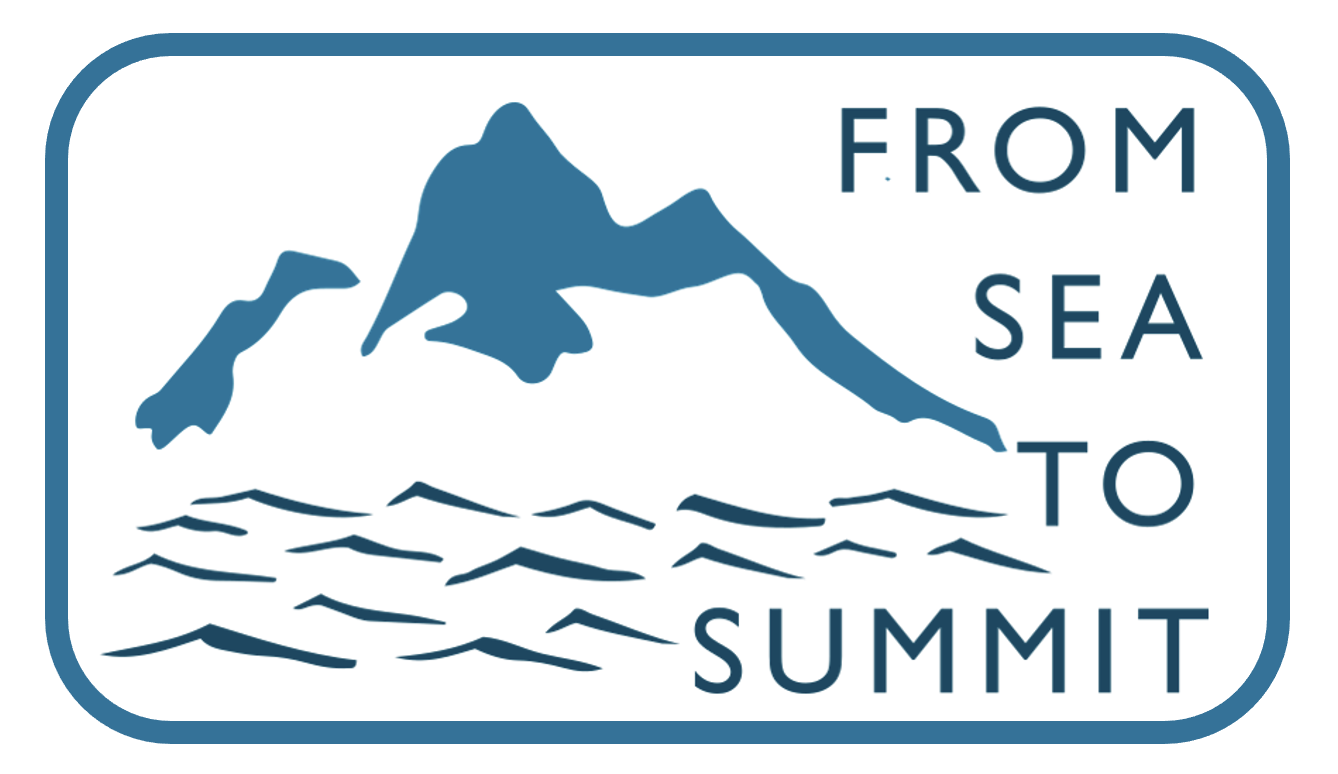
This research project is funded by the Croatian Science Foundation (HRZZ) and the Swiss National Science Foundation (SNSF). It's a collaborative effort between the Faculty of Civil Engineering, Architecture and Geodesy at the University of Split and the Centre for Hydrogeology and Geothermics at the University of Neuchâtel (Switzerland). The project focuses on the sustainable management of water resources in sensitive karst aquifers, ranging from coastal islands to mountainous areas affected by glacier melt.
The project addresses the increasing pressures on karst groundwater, caused by climate change and anthropogenic influences, by analyzing two representative locations:
- Vis Island (Croatia): The island's freshwater lens is the sole resource for securing the necessary water supply. As such, it's exposed to stress from climate change, which alters aquifer recharge dynamics, and anthropogenic loads due to seasonal consumption imbalances related to tourism.
- Tsanfleuron Karst System (Switzerland): This system is directly impacted by glacier retreat due to global warming.
Through a combination of field measurements, hydrological and hydrogeological research, and advanced modeling, the project aims to:
- Assess the vulnerability of karst aquifers to extreme climatic conditions.
- Simulate future water availability according to IPCC climate scenarios.
- Propose adaptation strategies and risk management measures for local communities and decision-makers.
The project integrates knowledge from hydrology, engineering, geosciences, and climatology into a unique transdisciplinary knowledge platform applicable to other karst systems worldwide.
The project team within the partner institutions consists of:
- Prof. Philippe Renard (Project Leader, UNINE-CHYN)
- Dr. Tanguy Racine (Associate Researcher, UNINE-CHYN)
- Manon Trottet (Associate Researcher, UNINE-CHYN)
- Assoc. Prof. Dr. Ivo Andrić (Project Leader, FGAG, UNIST)
- Asst. Prof. Dr. Toni Kekez (Associate Researcher, FGAG, UNIST)
Specifically for the Vis Island location, the project objectives are:
- Assessment of Current Water Resource Status: Implement comprehensive aquifer monitoring (flows, water quality) alongside climate parameter assessment; evaluate infrastructure and supply systems.
- Evaluation of Current Water Supply Infrastructure Efficiency and Identification of Potential Areas for Improvement or Risk Reduction: Model future scenarios.
- Modeling the Impact of Various Climatic and Tourist Scenarios on the Aquifer and Water Supply Systems: Including climate change projections and potential increases in tourism.
- Development of Decision-Making Framework Recommendations: Formulate policy recommendations and strategic documents for sustainable water management practices, based on findings from model results and research.
- Community Engagement and Awareness Raising: Involve local stakeholders in the process, ensuring community support and raising awareness about sustainable water use and conservation strategies.
Project website: https://from-sea-to-summit.github.io

